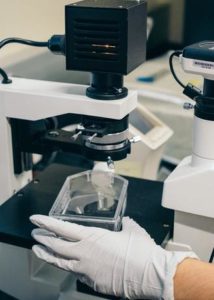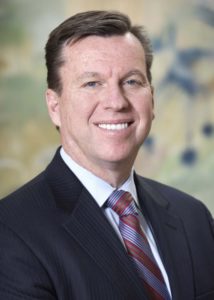University Hospitals’ egg and embryo tragedy: The story
Posted in Accident & Injury, Class Action, Firm News, Medical Malpractice on January 28, 2020
The Story
In early March 2018, catastrophic events at a University Hospitals’ (UH) fertility center permanently changed the lives of approximately 950 patients and their families.
A malfunction caused temperatures to rise in a freezer tank containing eggs and embryos. Nobody was present in the lab at the time of the incident. A remote alarm system—which would have alerted staff to the problem—was disabled
As a direct result, thousands of stored embryos and eggs became inviable.
How Elk & Elk helped victims of the UH fertility tragedy
Elk & Elk represented patients and resolved their claims in the aftermath of the freezer tank malfunction.
Many impacted patients reached out to our firm for answers, assistance, and support after UH notified them of their loss in the days after the incident. To protect the privacy of the victims—and allow time for a thorough investigation—Elk & Elk filed a temporary restraining order (TRO) on March 26, 2018, against UH.
“We filed the TRO to allow our clients the time to grieve and allow a thorough investigation to occur to ensure we are pursuing the best claims, versus all appropriate parties in the correct forum. To protect our client’s privacy in this matter, we filed all cases under Jane and John Doe,” Elk & Elk Managing Partner Jay Kelley said of the filing.

Jay M. Kelley, Managing Partner
Kelley was later appointed court liaison counsel for the plaintiffs’ lawyers. In this role, he coordinated pretrial motions and hearings, called meetings, initiated proposals and joint briefs for pretrials, and organized subcommittees with the executive committee. Approximately 80 separate counsel had clients.
The lawyers on the litigation committees were praised as a “Who’s Who of the plaintiff’s bar.” Dozens of cases were consolidated and managed by these committees to streamline aspects of the legal process. Each victim pursued claims, resolutions, and damages appropriate for their unique situation. Attorneys on both sides agreed this was the most effective approach for case management.
“When you think about these cases, some are people who can go through another retrieval. Some can’t. Everybody’s kind of in a different position. They had different numbers of embryos and eggs. They have different opportunities going forward in recreating and reestablishing their family plan,” Kelley explained to CNN.
“While we [had] many disagreements, this was something we all agreed upon,” Kelley said of the joint proposal to extend.